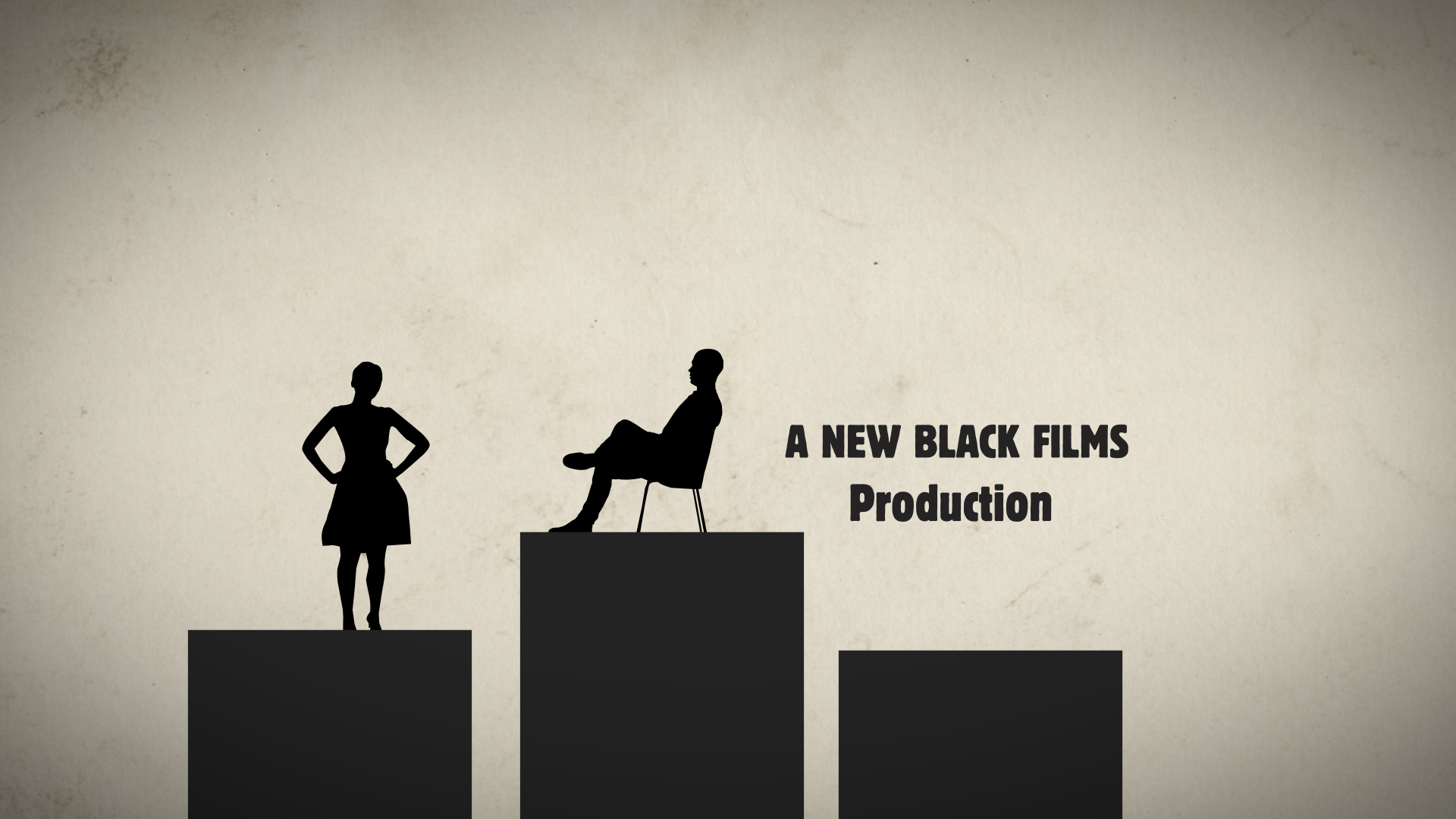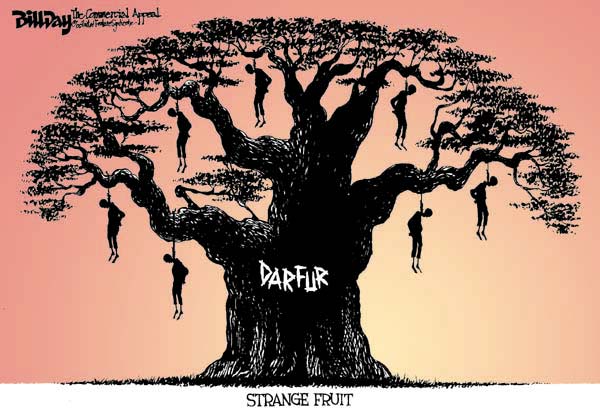Lyrics to Strange Fruit song by Billie Holiday: Southern trees bear a strange fruit Blood on the leaves and blood at the root Black bodies swinging (Billie Holiday intro) Southern trees bear a strange fruit Blood on the leaves and blood at the root Black bodies swinging in the Southern breeze Billie Holiday Strange Fruit Download as PDF File (. Aufgrund ihrer kulturellen und historischen Bedeutung fr die Vereinigten Staaten wurde die Erstaufnahme des Songs Strange Fruit, gesungen von Billie Holiday, am 27. Januar 2003 in die National Recording Registry der Library of Congress aufgenommen. Strange Fruit, the haunting song about lynching in America that was written more than 60 years ago, was first recorded by the famed jazz singer Billie Holiday in 1939. Strange Fruit is a song performed most famously by Billie Holiday. It condemned American racism, particularly the lynching of African Americans that had occurred chiefly in the South but also in all regions of the United States. The Strange Fruit is the bodies of lynching victims swaying in the breeze. This song decried the lynchings and raised consciousness of it to Americans in other parts of the country. A very sad song; Billie Holiday made it one of her signature songs. There, Billie Holiday learned the song that would catapult her career to a new level: Strange Fruit. The standard, written by Caf Society regular Lewis Allen and forever tied to Holiday, is an anguished reprisal of the intense racism still persistent in the South. Billie Holiday et Strange Fruit Aujourd'hui encore, beaucoup pensent que Billie Holiday a crit ce texte, un mythe confort par ellemme et le film Lady Sings the Blues dans lequel elle se met crire ces lignes aprs avoir assist un lynchage. David Margolick, author of Strange Fruit: Billie Holiday, Cafe Society, and an Early Cry for Civil Rights, notes that the song was not written specifically for Holiday, though she took it and made it her own, even if it was not particularly a jazz song. Holiday approached her recording label, Columbia, about the song, but the c Read More. then onto an unparalleled version of Some Other Spring, one of Billies f Read More. View Details Billie Holiday from screen star Billie Dove. Although she never underwent any technical training. Strange Fruit may have been written by American songwriter and poet Abel Meeropol (a. Lewis Allen), but ever since Billie Holiday sang the three brief stanzas to music in 1937, shes owned it. Strange Fruit (Fruta rara, en espaol) es una pieza musical de 1939 de la cantante afroamericana Billie Holiday que se mundialmente famosa. Compuesta y escrita por Abel Meeropol, la cancin fue una de las obras de arte que predic con ms fuerza en contra de los linchamientos en los estados del sur de los EE. y uno de los primeros lemas del movimiento por los derechos civiles. Lyrics (Abel Meeropol): Southern trees bear strange fruit, Blood on the leaves and blood at the root, Black bodies swinging in the southern breeze. Lyrics to 'Strange Fruit' by Billie Holiday. Southern trees bear strange fruit Blood on the leaves and blood at the root Black bodies swinging in the Eleanora Fagan dite Billie Holiday, En 2007, AaRON reprend le morceau Strange Fruit sur l'album Artificial Animals Riding on Neverland. En 2009, le groupe Warpaint chante son premier single Billie Holiday. En 2010, un jardin du Festival des jardins de ChaumontsurLoire. 116 of 204 results for Strange FruitBillie Holiday Amazon Music Unlimited. Learn More about Amazon Music Unlimited. Southern trees bear a strange fruit, Blood on the leaves and blood at the root, Black bodies swinging in the southern breeze, Strange fruit hanging from the poplar trees. Strange fruit is and amazing dark poem told by Billie Holiday as very powerful song. Strange Fruit is a terrifying protest against the inhumane acts of racism. Strange Fruit was about the murders and lynching going on in the south at the time from public hangings to burnings. Strange Fruit is a song performed most famously by Billie Holiday, who first sang and recorded it in 1939. Written by the teacher Abel Meeropol as a poem, it. Strange Fruit This song is by Billie Holiday and appears on the live album Billie Holiday at Jazz at the Philharmonic (1954) on the album Lady Sings The Blues (1956) on the album The Complete Billie Holiday On Verve (1992) on the album Lover Come Back To Me (1995) on the album An Strange Fruit era l'ultima canzone nello spettacolo di Billie Holiday al Caf Society. I camerieri smettevano di servire ai tavoli, tutte le luci, eccetto un faretto puntato sulla cantante, venivano spente, e lei stessa teneva gli occhi chiusi durante l'introduzione, come se fosse stata in preghiera. This song, written by Abel Meeropol and performed by many artists (but most notably, Billie Holiday and Nina Simone, ) is a dark and profound song about the lynching of African Americans in the. Billie Holiday didn't have a powerful voice, or even much range, and she was frequently saddled, particularly early in her recording career, with songs that had little grit or substance, but she was that rarest of performers, a singer who at her best could bring the whole weight of what it meant to be human to bear on the simplest lyric, transforming it through nuance and phrasing into a cry. Strange Fruit (1939) Billie Holiday meant when he said he urged Columbia to have it recorded elsewhere, was that he interceded with Columbia to allow Billie to record Strange Fruit elsewhere. The selection of Commodore Records to do that follows logically. Strange Fruit Billie Holiday, Caf Society, and an Early Cry for Civil Rights By DAVID MARGOLICK Running Press. Read the Review Southern trees. Southern trees bear a strange fruit, Blood on the leaves and blood at the root, Black body swinging in the Southern breeze. Eleanora Fagan (April 7, 1915 July 17, 1959), better known as Billie Holiday, was an American jazz singer with a career spanning nearly thirty years. Nicknamed Lady Day by her friend and music partner Lester Young, Holiday had a seminal influence on jazz music and. As both a song and a message, the single Strange Fruit, when conveyed by Billie Holidays dramatic, precise, and worldweary delivery, struck a major chord with audiences, both black and white. Holidays Strange Fruit has long been viewed as the definitive one, dripping as it is with pain and disgust, though Nina Simone came close with her similarly bleak 1965 version. She once described it as the ugliest song I have ever heard. Billie Holiday in concert in Britain, 1954. Her later performances of Strange Fruit could be agonising to watch. Photograph: Charles H HewittHultonDeutsch CollectionCorbis It is a clear, fresh. One of Billie Holiday's most iconic songs is Strange Fruit, a haunting protest against the inhumanity of racism. Many people know that the man who. This lesson focuses on Billie Holiday's signature song, Strange Fruit, a protest song Lewis Allen (Abel Meeropol) wrote in 1938 about the ongoing and intransigent problem of lynching in the American South. Watch videoHere is a fruit for the crows to pluck Voici un fruit que les corbeaux picorent For the rain to gather, for the wind to suck Que la pluie fait pousser, que le vent assche For the sun to ripe, to the tree to drop Que le soleil fait mrir, que l'arbre fait tomber Here is a strange and bitter crop. Strange Fruit (littralement fruit trange ) est une chanson interprte par Billie Holiday pour la premire fois en 1939, au Caf Society de New York. strange fruit was people hanging by kkk. she was singing about how white people had went to her town and found black people that they thought were bad took them and killed them for no reason so sang billie Billie Holiday Strange Fruit lyrics. Southern trees bear a strange fruit, Blood on the leaves and blood at the root, Black bodies swinging in the southern breeze, Strange fruit hanging from the poplar trees. Pastoral scene of the gallant south, The bulging eyes and the twisted mouth. Billie Holiday had just quit Artie Shaw's band and was the featured attraction at the club, and Gordon brought the song to her attention and suggested she sing it. Holiday played to an integrated audience at the Cafe Society, and her version popularized the song. Recorded by jazz legend Billie Holiday in 1939, Strange Fruit is considered to be the first significant song of the civil rights movement and the first direct musical assault upon racial lynchings in the South. A magic song from a magic voice lyrics Strange Fruit Southern trees bear strange fruit Blood on the leaves and blood at the root Black bodies swinging in the southern. Strange Fruit is a song performed most famously by Billie Holiday, who first sang and recorded it in 1939. Written by a white, Jewish high school teacher from the Bronx and a member of the Communist Party, Abel Meeropol wrote it as a protest poem, exposing American racism, particularly the lynching of. Strange Fruit werd door Billie Holiday voor het eerst gezongen in 1939, in Caf Society, Sheridan Square, Greenwich Village, New York. Nadat Columbia Records het nummer had geweigerd, nam ze het op voor Milt Gablers platenlabel Commodore Records. Strange Fruit is a song performed most famously by Billie Holiday. It condemned American racism, particularly the lynching of African Americans that had occurred chiefly in the South but also in all regions of the United States. Billie Holiday Strange Fruit Strange Fruit is a song performed most famously by Billie Holiday, who first sang and recorded it in 1939. Written by teacher Abel Meeropol as a poem and published in 1937, it protested American racism, particularly the lynching of African Americans. Strange Fruit, sur un texte de Abel Meerepol (nom de plume: Lewis Allan), chant pour la premire fois par Billie Holiday au Cafe Society, dans une bote de nuit de NewYork. Find out more about the meaning of Strange Fruit by Billie Holiday. Dig into the lyrics, the cultural context of the song, and hear what the artist has to say. Find a Billie Holiday Strange Fruit first pressing or reissue. Complete your Billie Holiday collection. First recorded by the famous jazz singer Billie Holiday, Strange Fruit is a song about the lynching of black people in the American South in the first half of the 20th Century..











